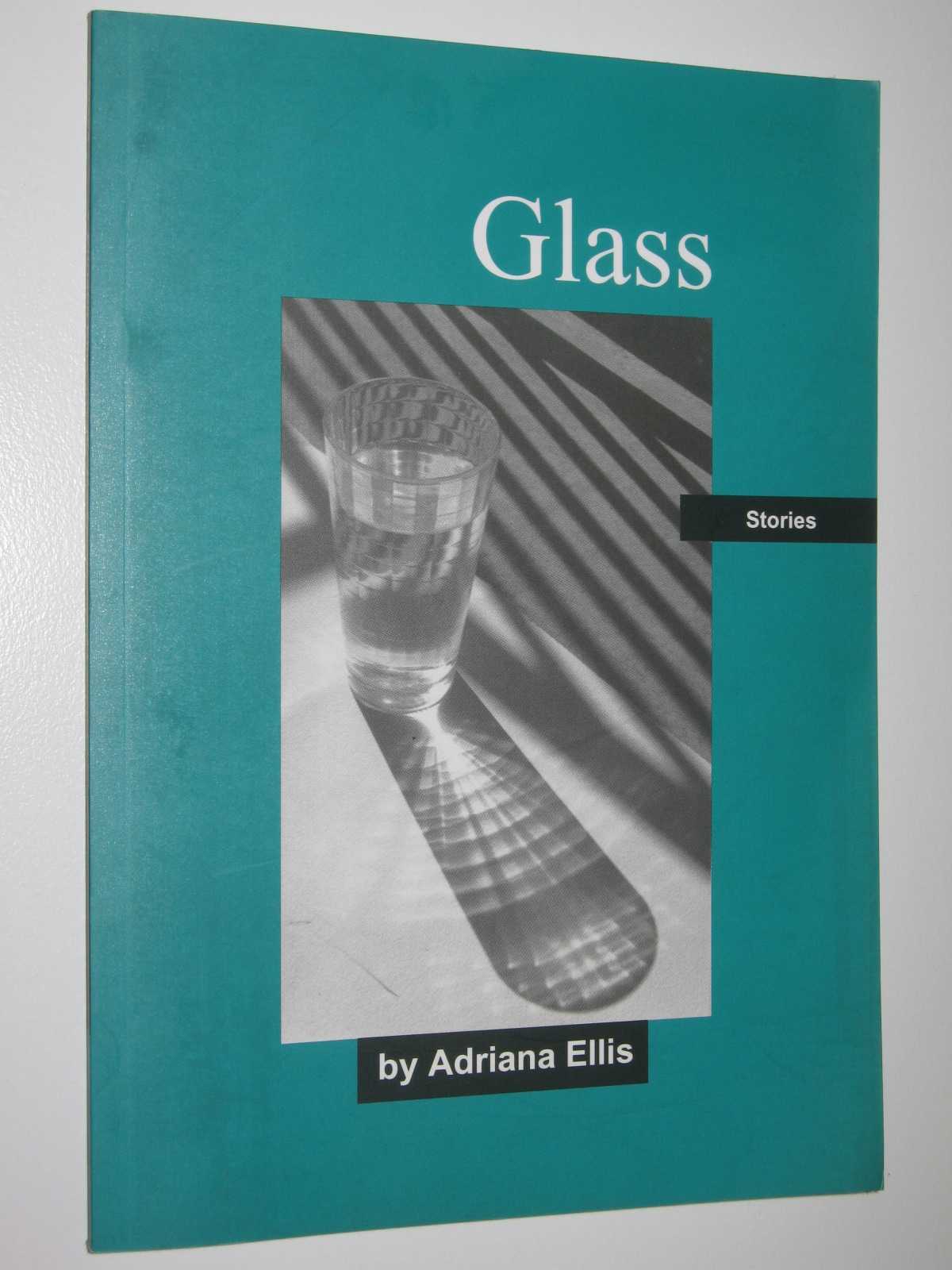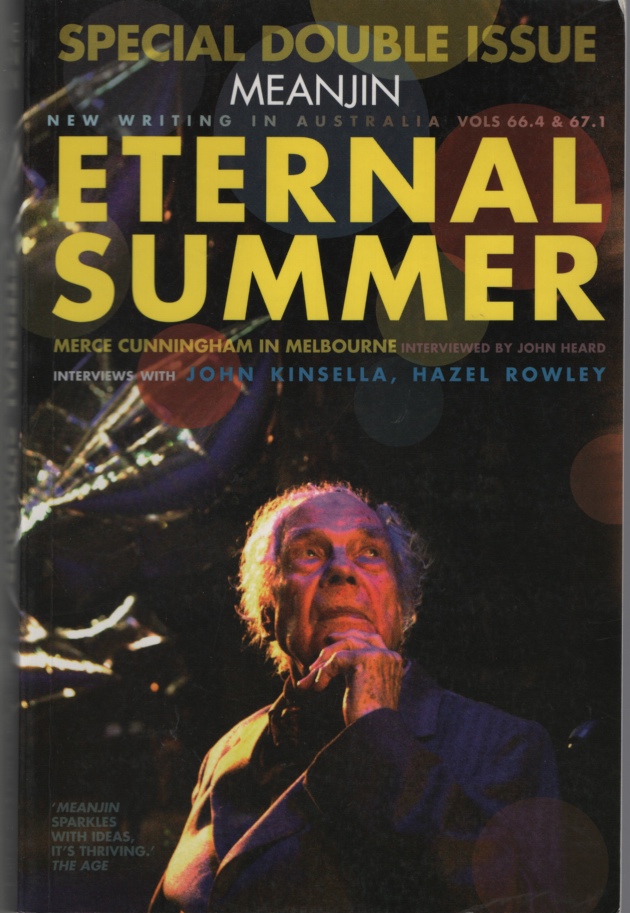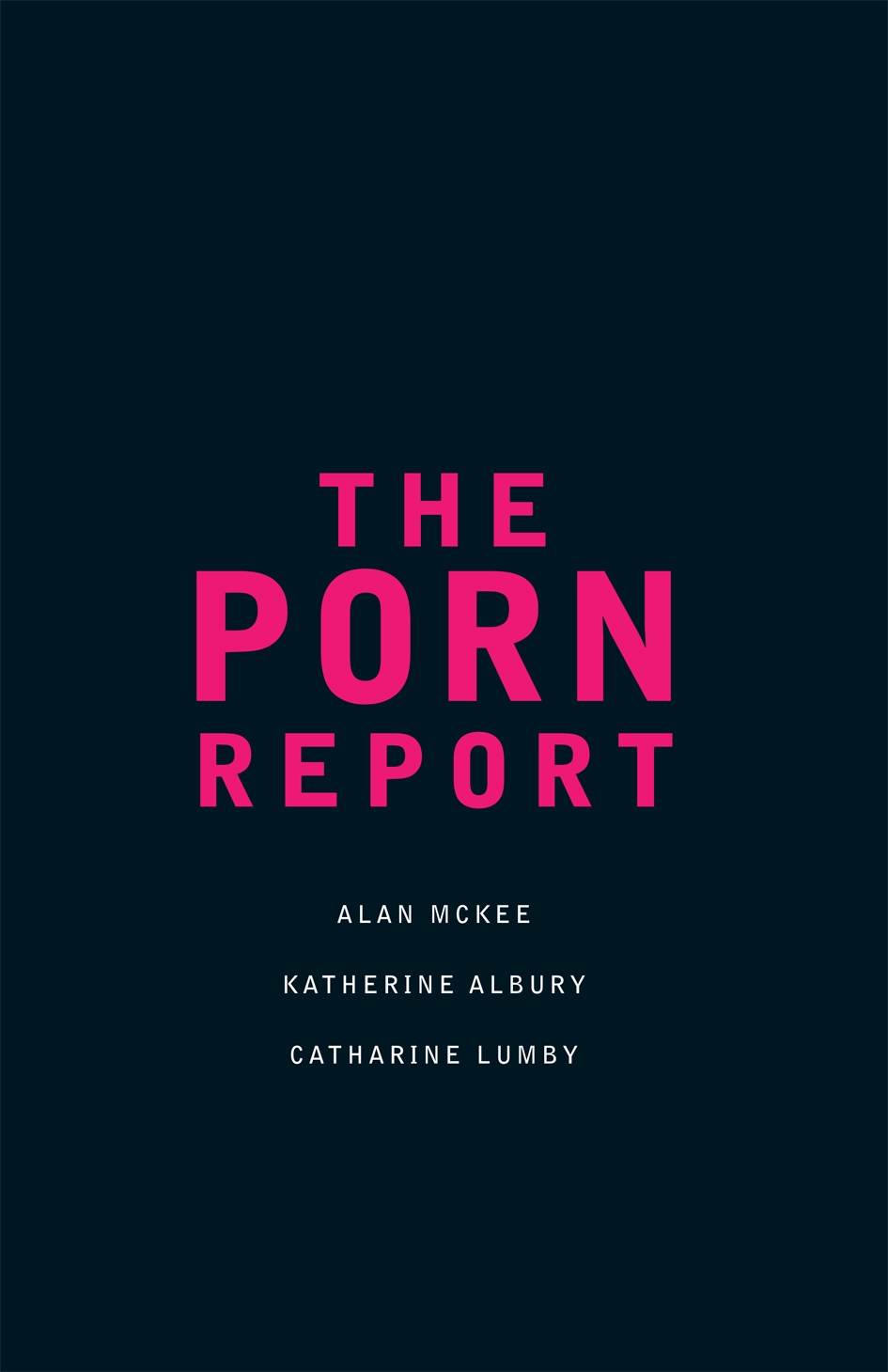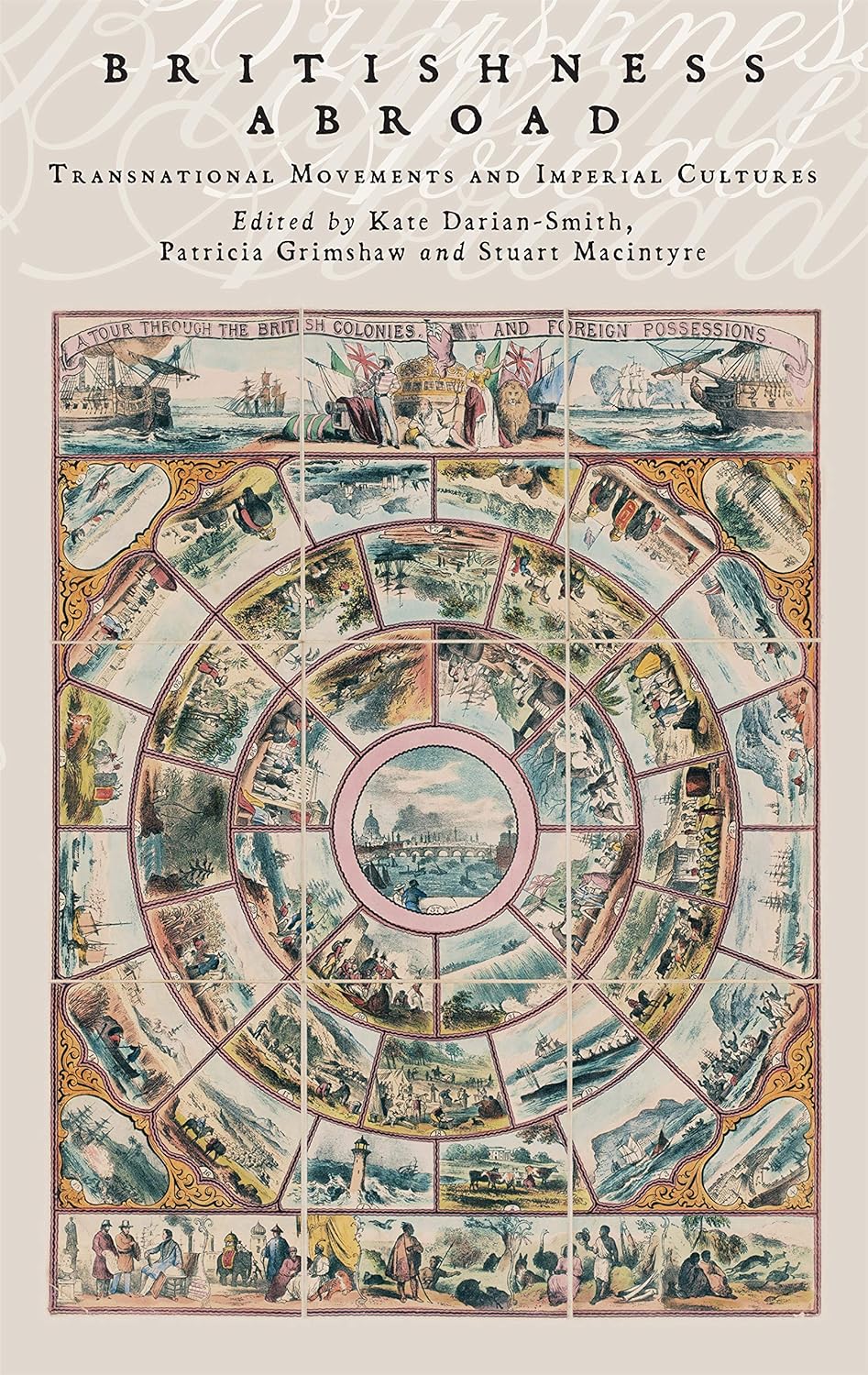Archive
Film | Theatre | Art | Opera | Music | Television | Festivals
Welcome to ABR Arts, home to some of Australia's best arts journalism. We review film, theatre, opera, music, television, art exhibitions – and more. To read ABR Arts articles in full, subscribe to ABR or take out an ABR Arts subscription. Both packages give full access to our arts reviews the moment they are published online and to our extensive arts archive.
Meanwhile, the ABR Arts e-newsletter, published every second Tuesday, will keep you up-to-date as to our recent arts reviews.
Recent reviews
Meanjin, Vol. 66, No. 4 & Vol. 67, No. 1 edited by Ian Britain & Griffith Review 20 edited by Julianne Schultz
Patrick Allington (May 2008) astutely discerned an essential characteristic – I consider it a flaw – of The Best Australian Political Writing 2008, which was edited by Tony Jones of the ABC. He did not quite nail it down, however: I think that the book would have been better described as the ‘best’ political journalism because that, overwhelmingly, is what it really is (furthermore, it is exclusively print journalism). It completely lacks academic, or what one might term ‘reflective’, writing. That is part of the reason why, as Allington correctly insisted, some of the pieces are dated and, indeed, remain rather flat on the page.
... (read more)What does the Australian accent really say about us? It was, somewhat unexpectedly, during a screening of Jane Campion’s Holy Smoke (1999), starring Kate Winslet as a young Sydney woman called Ruth, that I first became preoccupied with this question. As I watched Campion’s follow-up to The Piano (1993), it struck me that Winslet’s Australian accent was so damned perfect that an explanation was mandatory. I mean, Winslet could even sigh like an Aussie.
... (read more)







